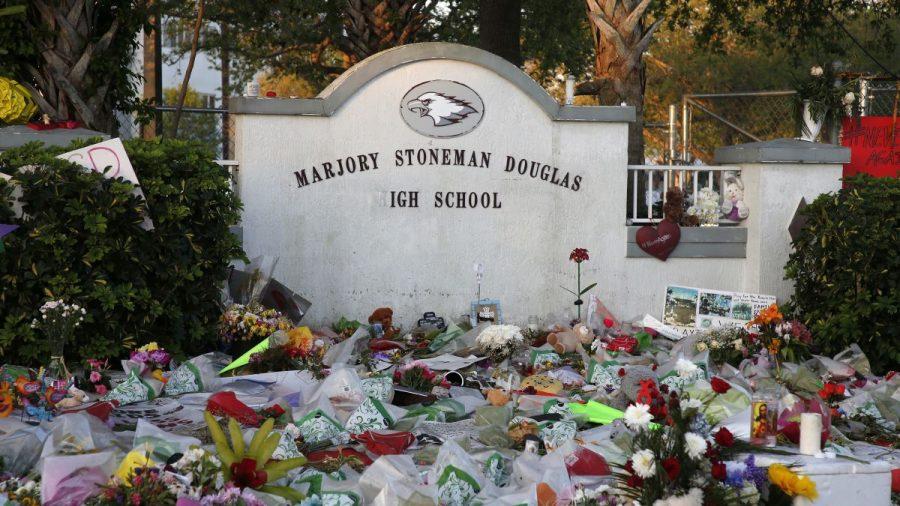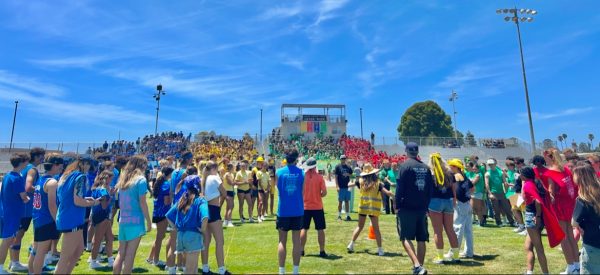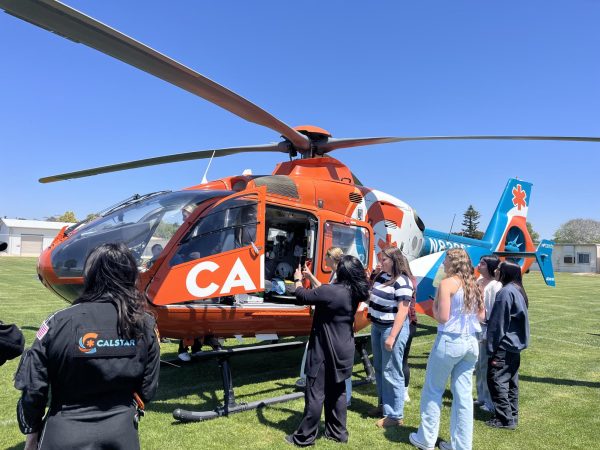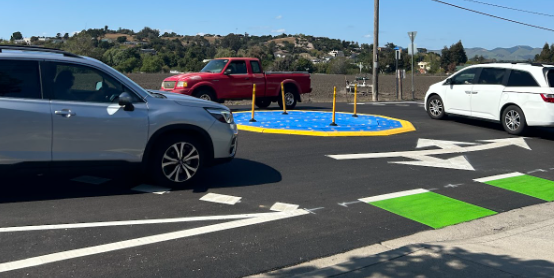Stoneman Douglas: Three Years Later
photo by Fox 4 News Dallas-Fort Worth
February 14th, 2021 marked the third anniversary of the Marjory Stoneman Douglas High School shooting.
(A quick disclaimer: this story was completed several days before a mass shooting on Tuesday, March 16 in Atlanta, Georgia took the lives of eight people. The evidence and views expressed below were not written with these new circumstances taken into consideration.)
On February 14th, 2018, 19-year-old Nikolas Cruz entered Marjory Stoneman Douglas High School in Parkland, Florida with a semi-automatic rifle and went on a killing spree that would ultimately claim the lives of 17 people and injure 17 others. It is the deadliest high school shooting in American history. Last month marked the three-year anniversary of the killings, and though a considerable amount of time has passed, the horror, brutality, and senselessness of the massacre still linger in America’s collective consciousness as a violent chapter of the country’s contemporary history. How far have we come since the tragedy at Stoneman Douglas, and how much further (can/must) we go?
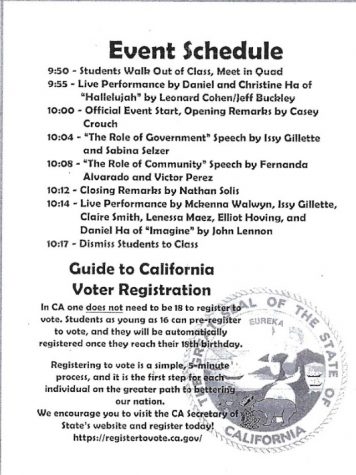
The Stoneman Douglas shooting generated a profound response from America’s youth – the likes of which had not been seen since the Vietnam War era. In the months following the shooting, hundreds of students from Stoneman Douglas traveled to D.C. and the Florida state capitol to protest the government’s lack of action against gun violence. The March for Our Lives campaign quickly gained national attention and support as hundreds of thousands of Americans, young and old, assembled to attend events all across the country. Many high schools, including our very own AGHS, organized “walk-outs” during teaching hours as a method of peaceful resistance.
Whether it was due to the terror of the lives taken at Marjory Stoneman Douglas High School, or the combined efforts of a young generation of activists fighting for a safer future, politicians acted quickly to pass gun safety legislation. Over 137 bills centered on gun reform (mainly targeting bump stocks and background checks) have been passed in the United States since 2018.
Several students of Marjory Stoneman Douglas High School achieved celebrity status through their roles in the March for Our Lives protests. David Hogg, Emma González, and Alfonso Calderon are a few of the Stoneman Douglas alumni that emerged as the unofficial “leaders” of the protests through their correspondence with the media. González and Calderon, while still politically active, have not received much attention from the media since the protests’ decline in the spring of 2018. Hogg has recently received criticism from other members of the March for Our Lives campaign after co-founding a pillow manufacturing company with entrepreneur William LeGate last February. Hogg and LeGate’s company, Good Pillow, was launched as a direct challenge against MyPillow CEO Mike Lindell, an outspoken supporter of Donald Trump who has played an important role in supporting the former president’s claims of fraud in the 2020 election. Deemed a sell-out by his peers in March for Our Lives, Hogg made the decision to step down from his position as a board member of the campaign shortly afterward.
As of today, March for Our Lives is still active in their fight to combat gun violence in the United States. Their official website contains a set of policy demands for the Biden administration which includes designating funds for community intervention programs, using discretionary agent grants to provide states with public health models centered on curbing violence, disrupting illegal gun markets in urban settings through the use of firearm trace data, and restoring funding for school-based student safety programs such as counseling and therapy. In the past, Biden has labeled gun violence in the United States as a “public health epidemic”, and declared a pledge during the campaign season to take executive action against gun violence through buy-backs and regulations of assault weapons. Biden has not yet made any significant deliveries upon his promises during his time in office, but a recent statement regarding gun violence he delivered on Parkland’s third anniversary suggests that reform could possibly arrive in the near future.
Nikolas Cruz, the perpetrator of the Stoneman Douglas shooting, escaped the high school on foot after his killing spree by blending in with crowds of panicked students. He was arrested within the hour. Cruz has now lived in police custody awaiting trial for over three years; because of setbacks created by the COVID-19 pandemic, as well as the sheer amount of witness testimony that has been processed, the status of Cruz’s trial currently hangs in a state of limbo. The semblance of closure granted by a final verdict still eludes the survivors and the survived of Stoneman Douglas.
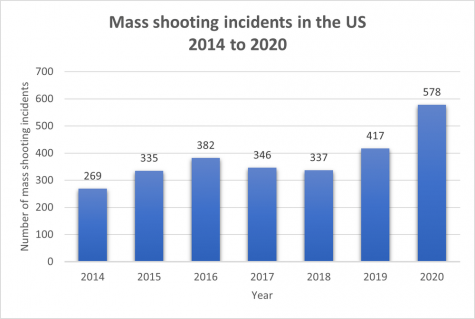
What have we learned from the Stoneman Douglas shooting? According to data compiled by the Gun Violence Archive, a total of 578 mass shootings occurred in 2020, making it one of America’s most lethal years in decades. Though no “large-scale” shootings on the same level as Stoneman Douglas made national headlines during the year, the Gun Violence Archive’s definition of a mass shooting (any attack that wounds a minimum of four people) means that small shootings, especially ones related to gang activity or family crises, can fall under the same categorization.
These statistics can have a positive or negative indication depending on one’s idea of a “bad” year relative to gun violence. It’s true that no newsworthy shootings have happened in over a year, but what can be made of the smaller shootings that didn’t capture America’s attention? Is a less violent year composed of deadlier shootings preferable over a more violent year of small-scale shootings? It’s not an easy question to answer, nor is it one that I’d care to make an argument for.
The United States is not the same country it was three years ago when the Stoneman Douglas shooting evoked an immense national reaction of fear, anguish, and sadness. However, it remains an indisputable fact that the United States has a drastically higher rate of firearm deaths than any other developed nation in the world. Only time will tell if America will take the steps necessary to end its gun violence crisis.
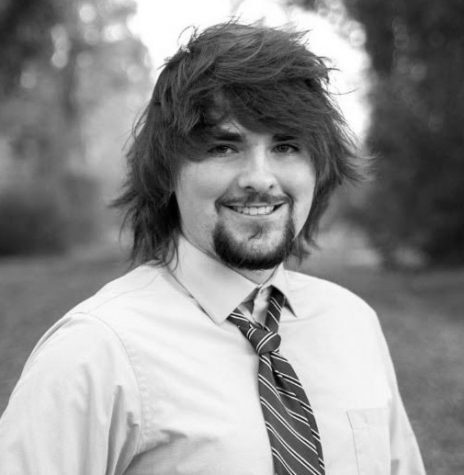
Adam Mercer is a senior at Arroyo Grande High School and a second-year reporter for the Eagle Times. He likes to read, write, listen to music, watch movies,...

